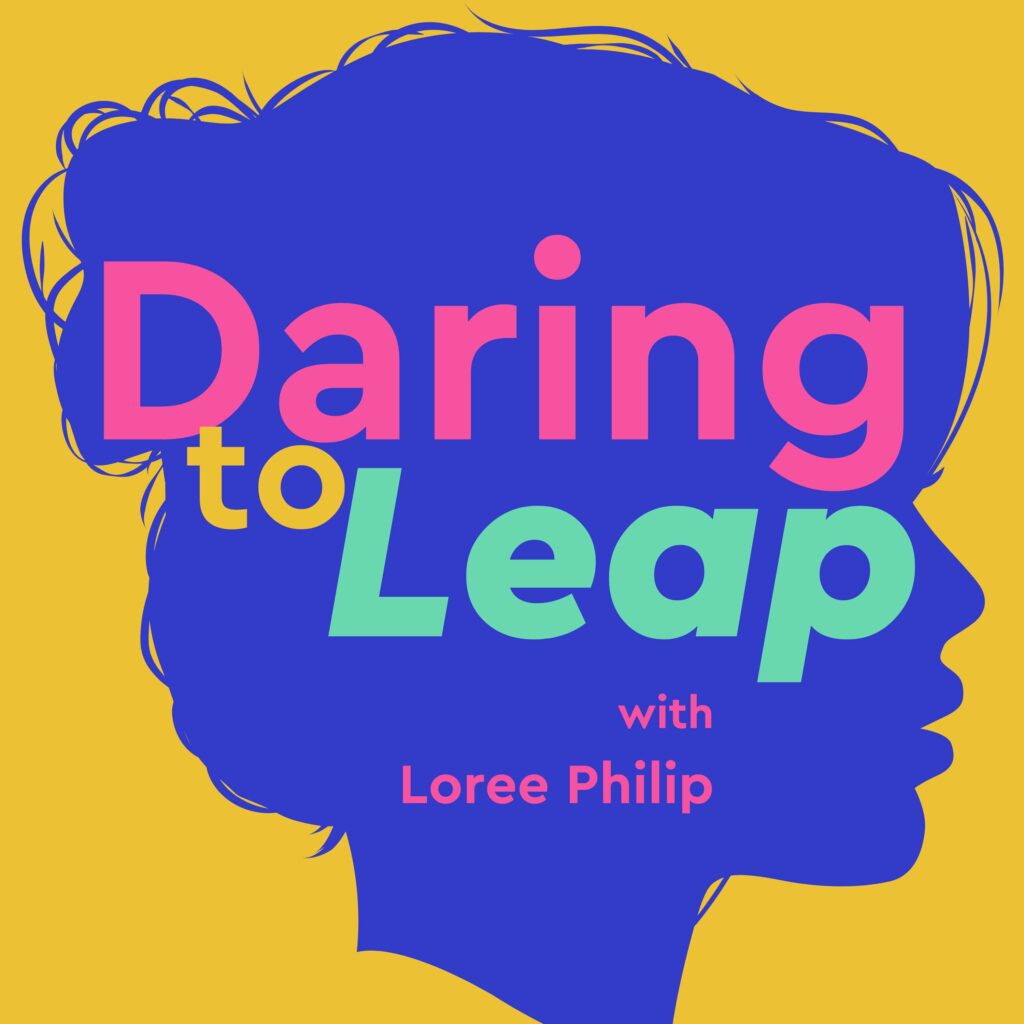Are you struggling to discover your purpose in life? Do you feel unfulfilled in your current role and yearn for a life with more passion, meaning, and authenticity?
This week on the Daring to Leap podcast, we are speaking with Jannette Anderson, the Why Whisperer, a best-selling author, and international speaker.
In this episode, you will learn:
- Why it is important to understand your why, your purpose
- The specific steps you can take to identify your why
- 2 examples of people who found their why, how they uniquely integrated it into their career, and how it positively impacted their lives
- How Janette found the resilience to overcome a major career setback, a betrayal by her employer, got back on her feet, re-aligned with her self-worth, confidence, and values
“Human beings are meaning-making machines. We need meaning. In the absence of a meaning that inspires us and pulls us forward, we make up meanings and stories that don’t help us be effective.” – Jannette Anderson
Highlights
(0:06:31) – The Blessing of a Corporate Betrayal
(0:14:32) – Why Your Why Matters
(0:19:58) – Creating a Win-Win
(0:26:47) – Flexibility and Freedom in Life/Career
(0:30:29) – Identifying Your Personal Soapbox
Connect with Jannette Anderson:
https://jannettescalendar.as.me/VIP-WhyClarityCall
Connect with Loree Philip
https://www.linkedin.com/in/loree-philip/
https://www.instagram.com/loreephilip/

